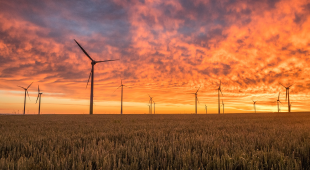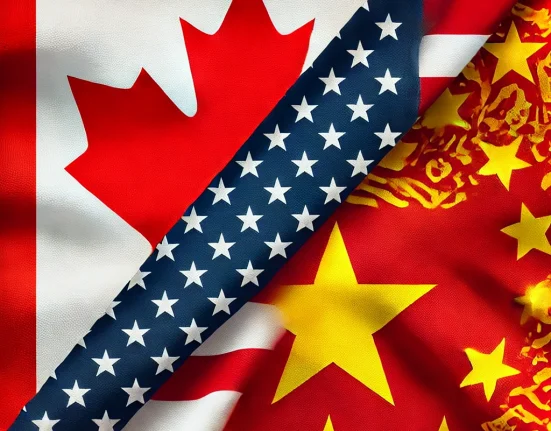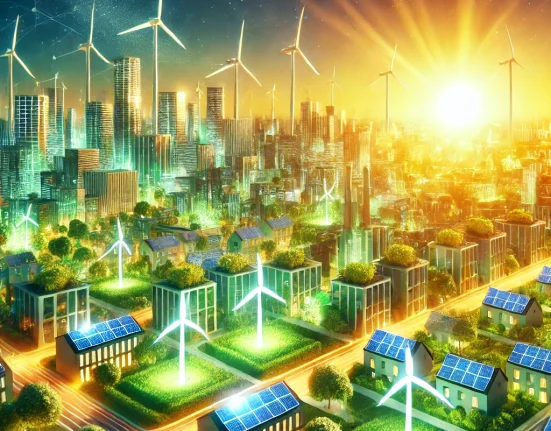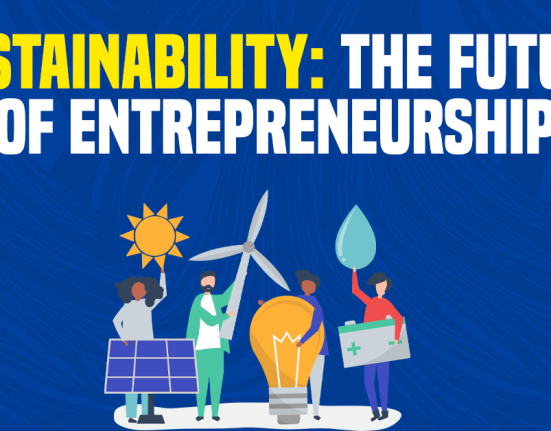Opinion
Canada stands at a transformative crossroads in the global energy transition, with the nation’s innovators driving breakthroughs that could set the standard for a sustainable future. As renewable energy becomes a cornerstone of global power generation, Canadian cleantech companies are proving they have what it takes to lead this revolution.
Each year, the Cleantech Group—a renowned sustainable research firm based in San Francisco—evaluates tens of thousands of green energy companies from nearly 150 countries to identify the top 100 innovators. This year, 13 Canadian firms made the prestigious list, signalling the country’s growing reputation as a hub for cleantech ingenuity.
This recognition is no fluke. It results from relentless innovation and a supportive ecosystem that allows these companies to thrive. Take e-Zinc, a Mississauga-based company that has made the list three years in a row. By pioneering long-duration energy storage using zinc, they’re tackling one of renewable energy’s most significant challenges: storing power for days, not hours.
The applications of e-Zinc’s technology are vast. In the short term, it offers large energy users a chance to save costs by storing power during off-peak hours and using it when rates are high. It provides an opportunity to replace diesel generators with a sustainable energy solution for remote northern communities and isolated industrial operations. Looking ahead, long-duration storage will be a game-changer, enabling regions relying on wind and solar power to bridge production and demand gaps seamlessly.
This is not just about environmental stewardship; it’s also about economics. Cleantech today is a robust business case, not just a moral imperative. As Bryan Watson of CleanTech North aptly says, “Implement cleantech, save money, create jobs, and save the planet.” This shift from “pay more to do good” to “save more while doing good” has made cleantech an undeniable force in local and global markets.
Artificial intelligence (AI) has further amplified this potential. Josh Wong, founder of ThinkLabs AI, points out that blending Canada’s expertise in power systems engineering with cutting-edge AI creates unparalleled opportunities. AI-driven optimization can transform the energy grid, making it more innovative, efficient, and equipped to handle growing demands without expanding infrastructure. This innovation is not just desirable—it’s necessary in an energy system where reliability is non-negotiable.
However, there are challenges. While Canada excels in innovation, it struggles to scale these successes into globally dominant companies. Fierce international competition means that if we don’t focus on nurturing and retaining talent, we risk losing our innovators and their groundbreaking ideas to other markets.
The question is straightforward: Will Canada capitalize on its strengths to cement its position as a global cleantech leader? The potential is immense with our talent, infrastructure, and burgeoning ecosystem. But realizing this vision requires a commitment to scale, bold policy decisions, and a concerted effort to transform our innovation into impact.
The world is moving toward a green energy future. Canada is well-positioned to lead the charge—if it’s ready to embrace the challenge.











Leave feedback about this